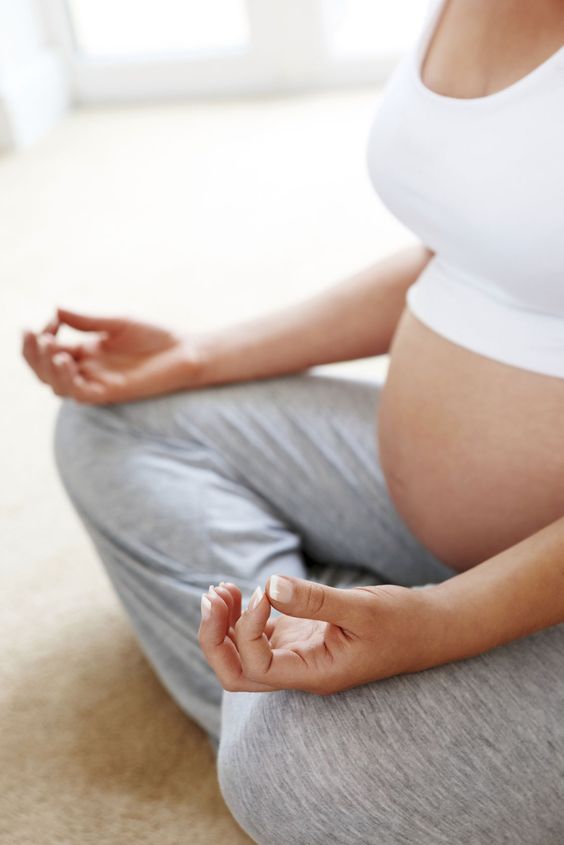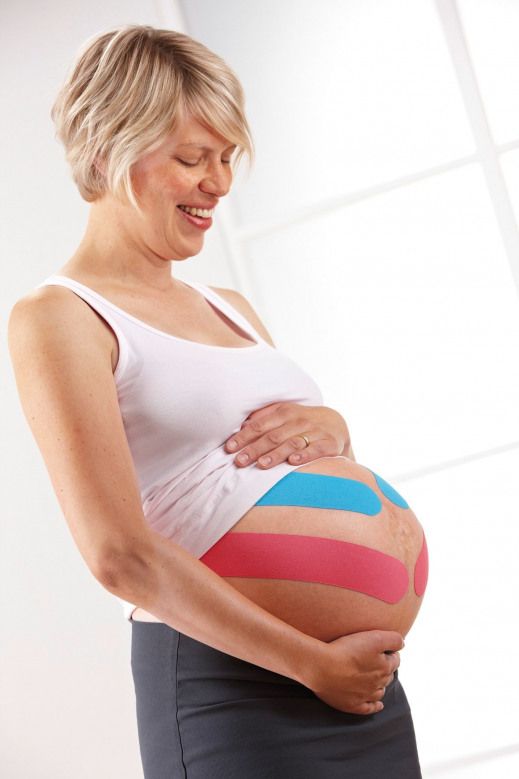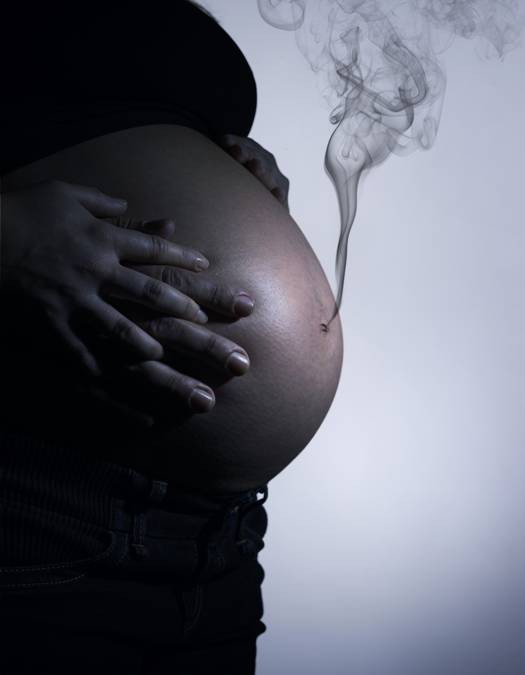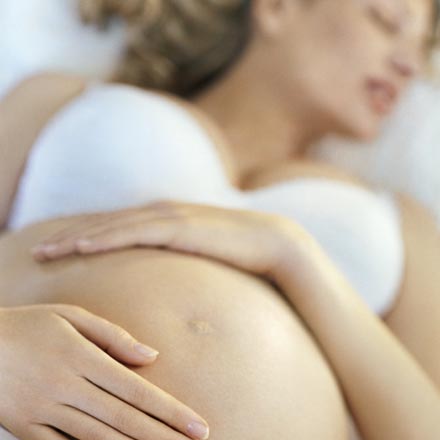Pregnancy and teas
Is Tea Safe During Pregnancy?
Tea is one of the most popular beverages worldwide — and one that many women continue to enjoy during pregnancy.
Some drink it to simply decompress or help meet the increased fluid needs of pregnancy. However, a proportion of women appear to use tea as a natural remedy for pregnancy-related symptoms or as a tonic to prepare for childbirth in the last weeks of pregnancy (1).
Many may believe that tea is probably safe to drink while pregnant because it’s natural. In reality, women may benefit from reducing their intake of certain teas, while completely avoiding others throughout their pregnancy.
This article discusses the safety of tea during pregnancy, including which teas pregnant women may continue to drink, and which they may want to avoid.
Black, green, white, matcha, chai, and oolong teas are all sourced from the leaves of the Camellia sinensis plant. They contain caffeine — a natural stimulant that should be limited during pregnancy.
They each provide approximately the following amount of caffeine per cup (240 mL) (2, 3, 4, 5, 6):
- matcha: 60–80 mg
- oolong tea: 38–58 mg
- black tea: 47–53 mg
- chai: 47–53 mg
- white tea: 25–50 mg
- green tea: 29–49 mg
Caffeine can easily cross the placenta, and your baby’s immature liver has difficulty breaking it down. As such, infants are more likely to experience side effects from amounts of caffeine that would otherwise be considered safe for adults.
Research suggests that infants exposed to too much caffeine during pregnancy may have a higher risk of being born preterm or with a low birth weight or birth defects. High caffeine intake during pregnancy may also increase the risk of miscarriage or stillbirth (7, 8, 9).
These risks appear minimal when pregnant women limit their caffeine intake to a maximum of 300 mg per day (8).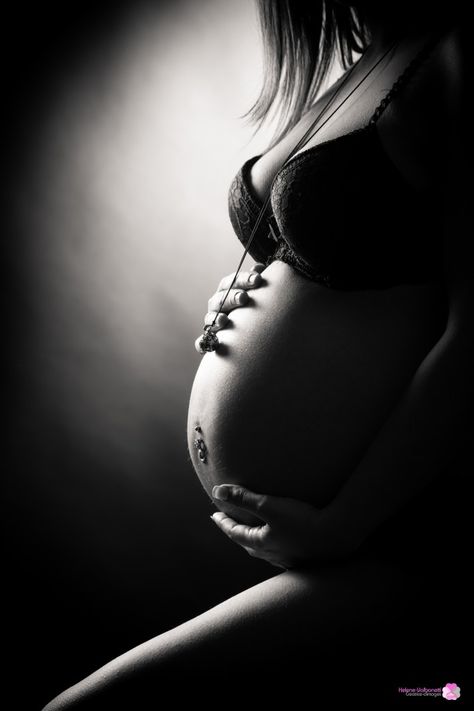
However, some women’s genetics may make them more sensitive to the ill effects of caffeine. For instance, research suggests that this small proportion of women may have a 2.4 times higher risk of miscarriage when consuming 100–300 mg of caffeine per day (8).
Caffeinated teas contain less caffeine than coffee and are generally considered safe to drink during pregnancy. However, their intake may need to be limited to avoid consuming too much caffeine per day (10, 11).
summaryBlack, green, matcha, oolong, white, and chai teas contain caffeine, a stimulant that should be limited during pregnancy. Although they’re generally safe, women may benefit from limiting their daily intake of these caffeinated teas during pregnancy.
Herbal teas are made from dried fruits, flowers, spices, or herbs and therefore contain no caffeine. However, they may contain other compounds considered unsafe during pregnancy, which may result in risky side effects.
Miscarriage or preterm labor
Teas that may increase your risk of miscarriage or preterm labor include (11, 12, 13, 14, 15):
- fennel
- fenugreek
- sage
- vervain
- borage
- pennyroyal
- licorice
- thyme
- motherwort
- lovage
- blue cohosh
- black cohosh
- frankincense (in large amounts)
- chamomile (in large amounts)
Teas that may stimulate or increase menstrual bleeding include (12, 16, 17):
- motherwort
- lovage
- frankincense
Birth defects
Teas that may increase the risk of birth defects include (12):
- motherwort
- borage
Other side effects
Moreover, in rare cases, eucalyptus tea may cause nausea, vomiting, or diarrhea. What’s more, a case report suggests that regularly drinking chamomile tea during pregnancy may result in poor blood flow through a baby’s heart (1, 12).
Certain herbal teas may also contain compounds that interact with medications. Therefore, pregnant women should inform their healthcare providers of any herbal teas they are currently consuming or planning on consuming at any time during pregnancy (1).
Keep in mind that, due to the limited amount of research on the safety of herbal teas, a lack of evidence of negative side effects shouldn’t be seen as proof that the tea is safe to drink during pregnancy.
Until more is known, it may be best for pregnant women to remain cautious and avoid drinking any teas that have not yet been shown to be likely safe during pregnancy (18).
summaryCertain herbal teas may be linked to a higher risk of upset stomach, menstrual bleeding, miscarriage, birth defects, or preterm birth. Pregnant women may benefit from avoiding all teas not yet deemed as likely safe for pregnancy.
Teas are not strictly tested or regulated. This means that women may be inadvertently drinking teas contaminated with unwanted compounds, such as heavy metals (19, 20).
For instance, one study tested common off-the-shelf black, green, white, and oolong teas. It found that 20% of all samples were contaminated with aluminum. Moreover, 73% of all samples contained lead levels considered unsafe during pregnancy (21).
In another study, women with the highest intake of green and herbal teas during the first trimester of pregnancy had 6–14% higher blood lead levels than those who drank the least. That said, all blood lead levels remained within the normal range (20).
Due to the lack of regulation, there’s also a risk of herbal teas containing ingredients not listed on the label. This increases the risk that pregnant women end up inadvertently consuming a tea tainted with an undesirable herb, such as the ones listed above.
It’s currently impossible to eliminate this risk. However, you may somewhat minimize it by only purchasing teas from reputable brands.
What’s more, it’s likely best to avoid purchasing teas in bulk, as they have a higher risk of becoming mixed with tea leaves that may be contraindicated during pregnancy from adjacent bulk bins.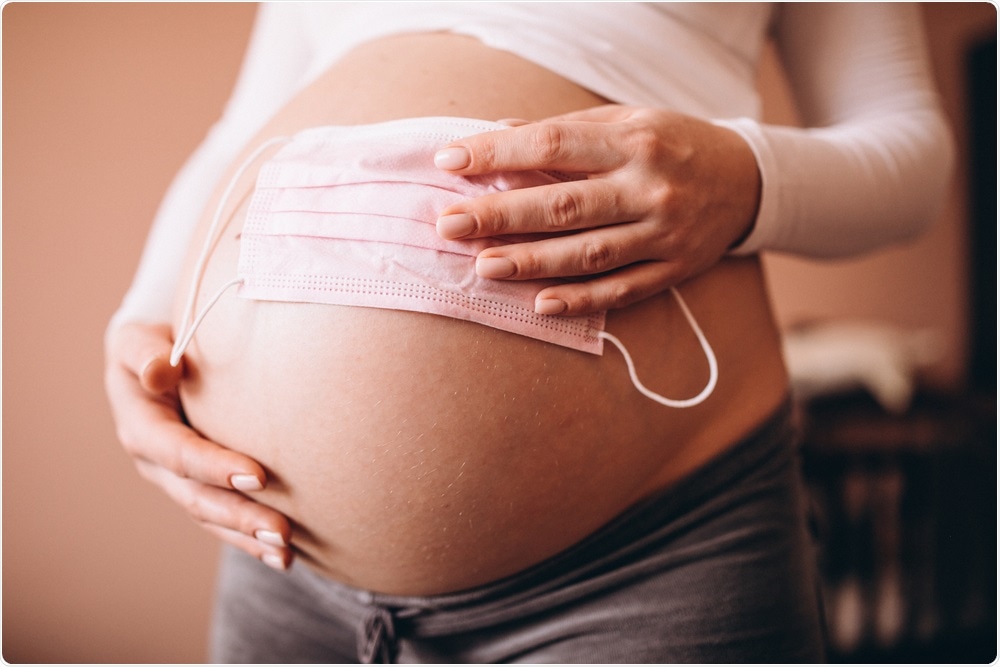
summaryThe manufacturing of teas is not regulated. As a result, teas may become tainted with unwanted compounds, such as heavy metals or herbs that have been linked to poor pregnancy outcomes.
Most caffeinated teas are considered safe to drink during pregnancy, as long as they do not cause a woman’s total daily caffeine intake to exceed 300 mg (8, 11).
Women who are particularly sensitive to caffeine may benefit from aiming for a maximum of 100 mg of caffeine per day (8).
When it comes to herbal teas, there’s not a lot of research regarding their effects during pregnancy. As such, most health professionals advise pregnant women to avoid consuming any herb in amounts greater than you would find in foods (1, 12, 18).
That said, according to a few studies, herbal teas containing the following ingredients may be safe to consume during pregnancy:
- Raspberry leaf. This tea is considered likely safe and believed to shorten labor and help prepare the uterus for birth.
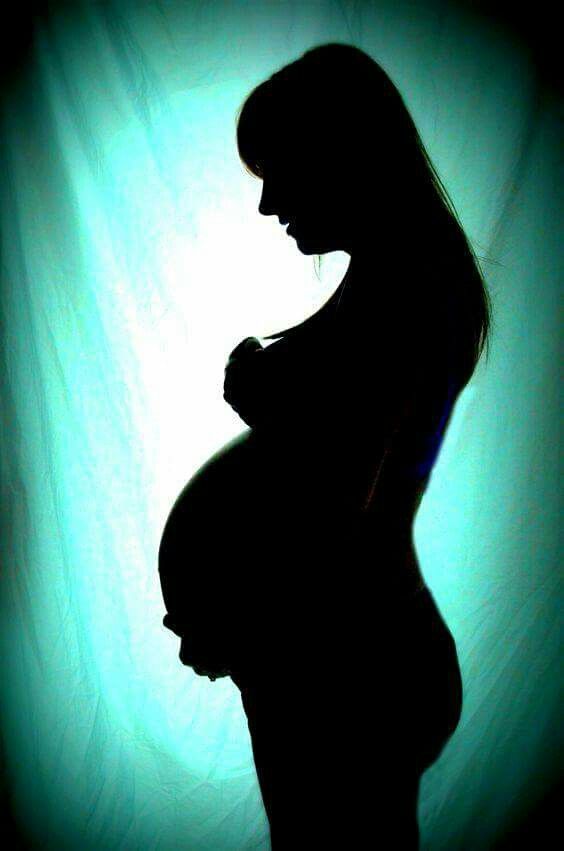 Research shows that it may shorten the length of the second stage of labor, but only by about 10 minutes (11, 22).
Research shows that it may shorten the length of the second stage of labor, but only by about 10 minutes (11, 22). - Peppermint. This tea is considered likely safe and commonly used to help relieve gas, nausea, stomach pain, or heartburn. However, no studies could be found to support these benefits (12).
- Ginger. Ginger is one of the most studied herb remedies during pregnancy and considered possibly safe. Research suggests it reduces nausea and vomiting but, when consumed dried, should not exceed 1 gram per day (1, 12).
- Lemon balm. This tea is considered possibly safe and commonly used to relieve anxiety, irritability, and insomnia. However, no study could be found to support these uses, and its safety hasn’t been studied in pregnancy (11).
Although generally considered safe, raspberry leaf may promote uterine contractions while peppermint may stimulate menstrual flow. Therefore, there’s some controversy regarding whether these teas are safe during the first trimester of pregnancy (12, 23).
Therefore, it may be best to avoid drinking these two teas in the first 12 weeks of pregnancy.
summaryHerbal teas considered to be possibly safe or likely safe during pregnancy include raspberry leaf, peppermint, ginger, and lemon balm teas. However, it may be best to avoid raspberry leaf and peppermint teas in the first trimester of pregnancy.
Despite their widespread popularity, not all teas are deemed safe for pregnancy.
Caffeinated teas like black, green, white, matcha, and chai teas are generally considered safe. However, their intake may need to be limited to avoid ingesting excessive amounts of caffeine.
Most herbal teas should be avoided. Raspberry leaf, peppermint, ginger, and lemon balm tea are the only ones currently deemed as potentially safe. However, women may benefit from avoiding the first two during their first trimester of pregnancy.
Herbal Tea and Pregnancy | American Pregnancy Association
Many alternative medicine health care providers feel that consuming certain herbal teas during pregnancy is a great way to support optimal pregnancy health.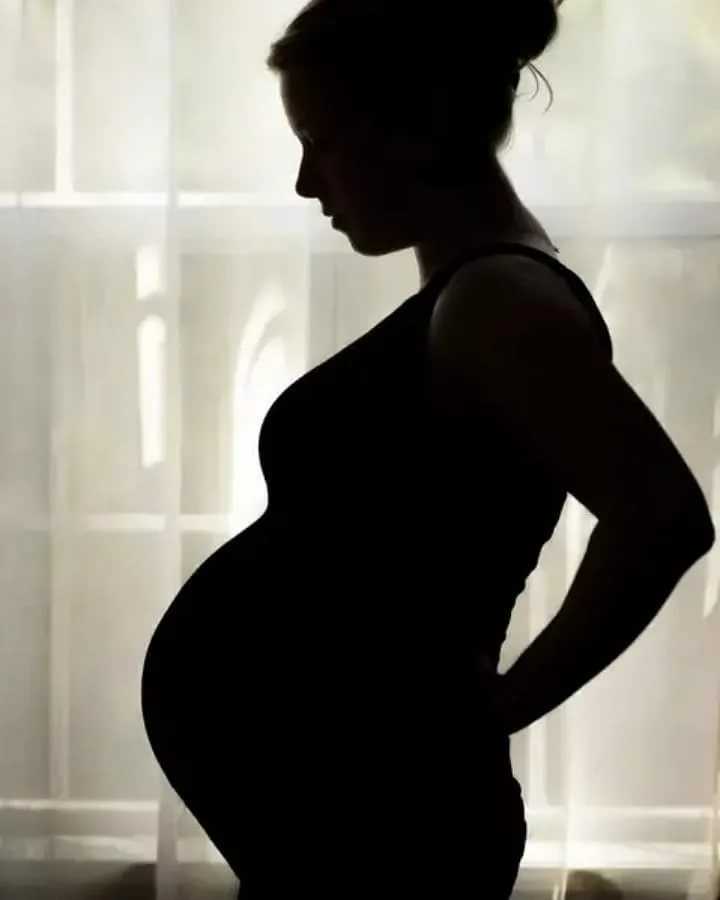 Herbal teas can often provide an additional source of nutrients such as calcium, magnesium, and iron. However, due to the lack of studies on most herbs, the FDA encourages caution when ingesting herbal teas.
Herbal teas can often provide an additional source of nutrients such as calcium, magnesium, and iron. However, due to the lack of studies on most herbs, the FDA encourages caution when ingesting herbal teas.
To understand which herbal teas are safe to consume during pregnancy, let’s first look at the different types of teas and how they are made.
Differences Between Non-Herbal and Herbal
There are two different types of teas, non-herbal and herbal. The non-herbal teas can be broken down into 3 categories: black, green, and oolong.
Non-Herbal Tea
- Black tea is the most common type of non-herbal tea. It includes blends such as English breakfast, Earl Grey, and Orange Pekoe.
- Green tea has a more delicate taste than black tea. The oolong teas are a combination of green and black tea.
- Non-herbal teas contain varying amounts of caffeine and antioxidants.
- Non-herbal teas are made from leaves of tea plants.
- The longer the oxidation time (fermenting) of the leaf, the higher the caffeine level.

- The brewing time, size of the leaf and type of tea leaf can also influence how much caffeine is in the tea.
- Decaf versions of non-herbal teas still contain a bit of caffeine.
Herbal Tea
- Made from the roots, berries, flowers, seeds, and leaves of a variety of plants not from actual tea plant leaves.
- True herbal teas do not contain caffeine. (This does not include any other drinks that are called “tea” but truly are not, such as mate tea.)
- These teas can also be used as medicinal remedies (relating to, or having the properties of medicine).
Which teas are safe during pregnancy?
Non-Herbal Teas
Although non-herbal tea is assumed to have great health benefits due to the antioxidants, it also contains caffeine, which pregnant and breastfeeding women are often encouraged to cut down on or eliminate.
The average cup of non-herbal tea contains about 40-50 milligrams of caffeine.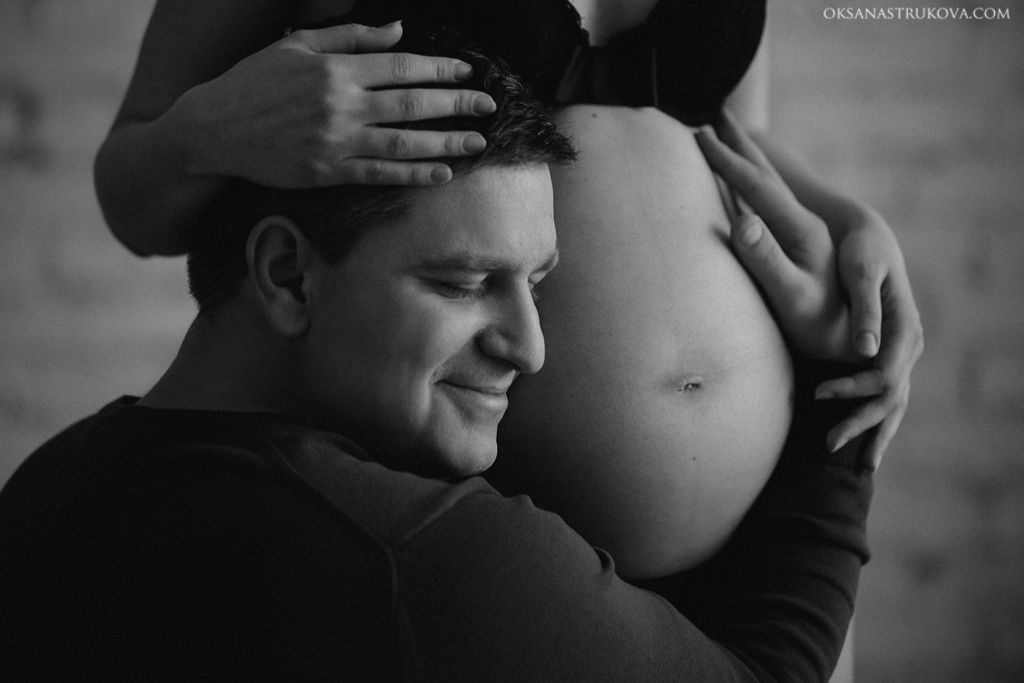 Decaffeinated nonherbal tea does still contain a bit of caffeine; however, the amount is usually only about .4 milligrams.
Decaffeinated nonherbal tea does still contain a bit of caffeine; however, the amount is usually only about .4 milligrams.
Caffeine crosses the placenta and reaches your developing baby. The baby cannot metabolize caffeine like an adult can. Also, consuming caffeine while breastfeeding could contribute to infant sleep disorders.
For this reason, there is controversy on how much caffeine is safe, or if it should be avoided altogether. We know that the less caffeine consumed, the better it is for your baby while pregnant or breastfeeding.
Talk with your midwife or doctor about what amount is safe. This will help you make the decision on whether to consume non-herbal teas.
Herbal teas
Herbal teas are naturally caffeine-free, so caffeine is not an issue when consuming this type of tea. The concern with consuming herbal teas during pregnancy is the lack of data available on most herbs and their effects on a developing fetus. There are mixed opinions on the safety of herbal teas, for both pregnant and non-pregnant women.
Most commercial brands of herbal teas are thought to be safe for anyone to consume in reasonable amounts. Herbal tea companies, such as Celestial Seasonings, report that they do not use any herbs that are considered dangerous and choose to use herbs from guidelines that the FDA has published.
The herbal teas that are considered to be unsafe are those that are not made commercially, those made with excessive amounts of herbs (amounts larger than those found in common foods or drinks), and those made with herbs that are known to be toxic.
As with most things, it is always best to talk with your midwife or doctor about any herbal teas that you are interested in drinking.
Pregnancy Teas
There are a number of teas labeled as a pregnancy tea. Pregnancy teas, which often contain red raspberry leaf, are considered to be beneficial in pregnancy. Many midwives and professionals who work with herbs believe that the regular consumption of these teas may help prevent pregnancy complications such as preeclampsia, preterm labor, prolonged labor, and postpartum hemorrhage.
Medical studies have shown that red raspberry leaf can be consumed safely during pregnancy and can decrease the length of labor and the number of interventions used, such as artificial rupture of membranes (AROM), assisted delivery, and cesarean delivery.
Red raspberry leaf also seems to help prevent pregnancies from pre- or post-term gestation (delivering too early or too late).
The Herbs Used
The following are common ingredients you may find in herbal teas. Note that some have a questionable safety rating. The safety ratings given here are from the Natural Medicines Database.
More extensive research and discussions with your health care provider will help you make the decision about what herbs are safe for you to use in teas.
- Red Raspberry Leaf (Likely Safe) – Rich in iron, this herb has helped tone the uterus, increase milk production, decrease nausea, and ease labor pains. Many pregnancy teas contain red raspberry leaf to help promote uterine health during pregnancy.
 There is some controversy about whether this should be used throughout pregnancy or just in the second and third trimester, so many health care providers remain cautious and only recommend using it after the first trimester.
There is some controversy about whether this should be used throughout pregnancy or just in the second and third trimester, so many health care providers remain cautious and only recommend using it after the first trimester. - Peppermint Leaf (Likely Safe) – Helpful in relieving nausea/morning sickness and flatulence.
- Lemon Balm (Likely Safe) – Has a calming effect and helps relieve irritability, insomnia, and anxiety.
- Ginger root (Possibly Safe) – Helps relieve nausea and vomiting.
- Dandelion (Insufficient Reliable Information Available) – Rich in Vitamin A, calcium and iron; dandelion root and leaf can also help relieve mild edema and nourish the liver.
- Chamomile (German) (Insufficient Reliable Information Available) – High in calcium and magnesium, also helps with sleeplessness and inflammation of joints.

- Nettles (Stinging Nettles) (Likely Unsafe-see note) – High in vitamins A, C, K, calcium, potassium, and iron. Used in many pregnancy teas because it is a great all-around pregnancy tonic. (*Note on the safety of Nettles: Natural Medicines Database gives Nettles a rating of likely unsafe, even though it is used in countless pregnancy teas and recommended by most midwives and herbalists. This may be in relation to which part of the nettles plant is used, the root or the leaves, and how much is used. According to other sources, the use of nettles is encouraged during pregnancy because of its health benefits.)
- Rose Hips (Insufficient Reliable Information Available) – Very good source of Vitamin C and helps boost the immune system.
- Alfalfa (Possibly Unsafe) – Has Vitamin A, D, E and K; particularly good in later pregnancy to boost Vitamin K, which helps prevent postpartum hemorrhage.
- Yellow Dock (Possibly Unsafe) – Used to help treat anemia in pregnant women due to the high level of iron.
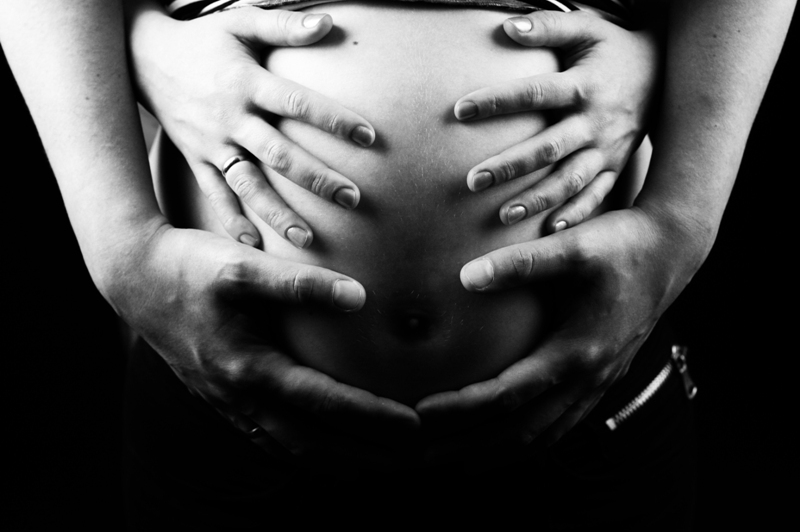 Also contains Vitamins A, C, and calcium.
Also contains Vitamins A, C, and calcium.
*(This may also be used as a laxative–talk with your health care provider about the use of yellow dock during pregnancy).
Your Next Steps:
- Subscribe to the Natural Medicines Database for information on other herbs and natural medicines and more in-depth information on the herbs discussed.
- Make your own herbal tea by adding oranges, apples, pineapples, lemons, limes, pears, cinnamon, or mint leaves to boiling water or decaffeinated tea. *(You should not brew a homemade tea from a plant growing in the yard unless you know exactly what it is and if it is safe to consume during pregnancy.)
- Talk with your midwife or doctor about helpful herbal teas to drink during pregnancy.
- Herbs and Pregnancy
- Treating Infertility with Herbal Medications
- Caffeine and Pregnancy
Compiled using information from the following sources:
1.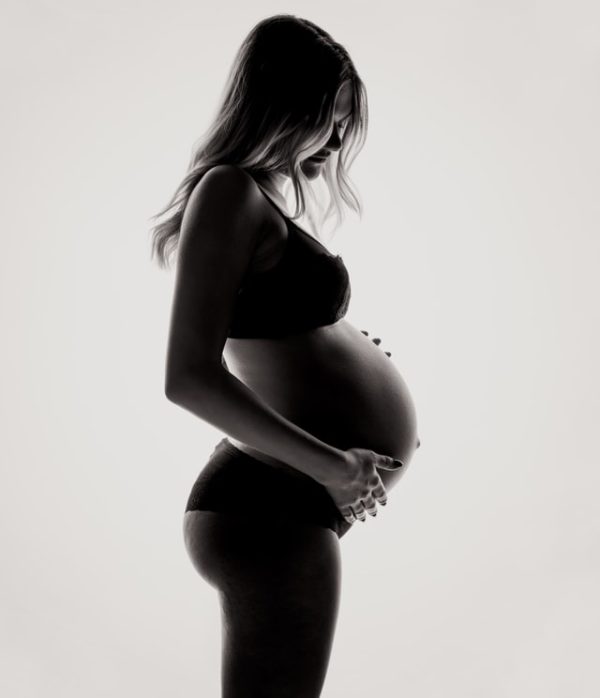 Gruenwald, J., Brendler, T., & Jaenicke, C. (Eds.), PDR for herbal medicines 4th ed. Montvale, NJ: Thomson Healthcare Inc.
Gruenwald, J., Brendler, T., & Jaenicke, C. (Eds.), PDR for herbal medicines 4th ed. Montvale, NJ: Thomson Healthcare Inc.
2. Raspberry leaf in pregnancy: its safety and efficacy in labor. J Midwifery Women’s Health. 2001 Mar-Apr;46(2):51-9. PMID: 11370690 [PubMed – indexed for MEDLINE]
3. Belew, C. (1999). Herbs and the childbearing woman: Guidelines for midwives. J Nurse-Midwifery. 44:231-252.
4. Tea Association of the USA
hhttps://www.teausa.com/
Is it possible for pregnant women to use herbal teas, their varieties and positive effect
Can pregnant women use herbal teas, their varieties and positive effect- ✓ Fast delivery throughout Ukraine!
- ✓ Over 400 quality teas!
- ✓ Over 18606 satisfied customers!
- ✓ Free tea sample with every order!
- ✓ Accumulative bonus system!
-
Recently bought Black tea Earl Gray blue flower for 290 UAH with delivery to Kyiv, Ukraine
-
Recently bought Fruit tea Strawberry in yogurt for 77 UAH with delivery to Kharkov, Ukraine
-
Recently bought Fruit tea Kalinka-Malinka for 72 UAH with delivery to Kharkiv, Ukraine
-
Recently bought Fruit tea Tutti-Frutti for 77 UAH with delivery to Kharkov, Ukraine
-
Recently bought Green tea Tkhalong-cha (Rising Dragon) for 513 UAH with delivery to Kyiv, Ukraine
-
Recently bought Add to tea Moli Hua (Jasmine Flowers) for 190 UAH with delivery to Odessa, Ukraine
-
Recently bought Green tea Hua Long Zhu (Jasmine Dragon Pearl) for 498 UAH with delivery to Odessa, Ukraine
-
Recently bought Red tea Hong Bi Lo Chun (Red Emerald Spirals of Spring) for 195 UAH with delivery to Kropyvnytskyi, Ukraine
-
Recently bought Shu Puer Gold for 199 UAH with delivery to Kropyvnytskyi, Ukraine
-
Recently bought Oolong (oolong) Tie Guan Yin, Premium (Iron Goddess of Mercy) for 191 UAH with delivery to Kropyvnytskyi, Ukraine for 97 UAH with delivery to Kropyvnytskyi, Ukraine
-
Recently bought Green tea Long Jing (Dragon Well) for 195 UAH with delivery to Kropyvnytskyi, Ukraine
-
Recently bought White tea Yue Guan Bai (White Moonlight) for 157 UAH with delivery to Kropyvnytskyi, Ukraine
-
Recently bought Red tea Jin Hao Dian Hong (Golden fluff from Dian Xi, Golden Monkey) for 212 UAH with delivery to Kiev Kropyvnytskyi, Ukraine
-
Recently bought Glass teapot with a glass sieve "Suomi", 600 ml for 501 UAH with delivery to Kropyvnytskyi, Ukraine Ukraine
-
Recently bought Black tea with cranberry for 61 UAH with delivery to Irpin, Ukraine
-
Recently bought Black tea Goji-tea for 142 UAH with delivery to Irpin, Ukraine
-
Recently bought Black tea Raspberry for 73 UAH with delivery to Irpin, Ukraine
-
Recently bought Black tea Cream caramel for 61 UAH with delivery to Irpin, Ukraine 4 Recently 4 bought Black tea Pekoe India (Assam) for UAH 227 with delivery to Irpin, Ukraine
-
0004
-
Recently bought Green tea Bi Lo Chun (Emerald Spirals of Spring) for 664 UAH with delivery to Odessa, Ukraine Ukraine
-
Recently bought Green tea Bi Lo Chun (Emerald spirals of spring) for 315 UAH with delivery to Poltava, Ukraine
-
Recently bought Green tea Bai-Hao-Tea for 189UAH with delivery to Poltava, Ukraine
-
Recently bought Green tea Nai Xiang Jin Xuan (Milk Green Tea) for 405 UAH with delivery to Poltava, Ukraine
-
Recently bought Mate Big Leaf, peeled for 43 UAH with delivery to Irpin, Ukraine
-
Recently bought Rooibos (rooibos) Long Leaf for 72 UAH with delivery to Irpin, Ukraine
-
Green Rooibos (Rooibos) Recently bought for 68 UAH with delivery to Irpin, Ukraine
-
Recently bought Green tea Cranberry for 63 UAH with delivery to Irpin, Ukraine
-
Recently bought Red tea Nai Xiang Hong Cha (Milk) for 267 UAH with delivery to Ivano-Frankivsk, Ukraine
We use information about the ip-address, location, as well as cookies (cookies) for your convenience and the optimal functioning of the site. Scrolling further, you consent to the use of this data.
Scrolling further, you consent to the use of this data.
Photo: Picture-alliance/Phane
Culture
Inga Vanner
November 18, 2018 9001 but also helps to relax. What types of tea and types of medicinal herbs do experts from Germany recommend for pregnant women?
https://p.dw.com/p/36mWr
Advertising
Contrary to popular belief that pregnant women should eat and drink " for two " , experienced doctors and midwives advise otherwise. According to gynecologist Christian Windelen from Cologne, one and a half to two liters of fluid a day is enough. It is better to drink boiled water, berry, fruit juices and drinks, various teas.
But tea is different for tea, so the choice of a healing drink should be treated very carefully. A detailed study of the use of herbs for the prevention and treatment of various diseases is carried out by a special area of medicine - herbal medicine.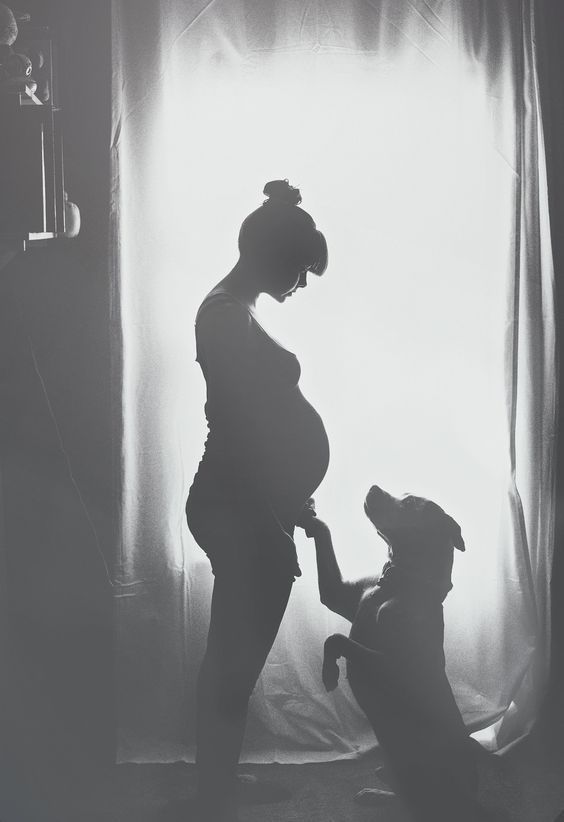 Unfortunately, it is quite difficult to thoroughly study the effect of herbal drinks on the body of pregnant women for ethical reasons, the German gynecologist explains.
Unfortunately, it is quite difficult to thoroughly study the effect of herbal drinks on the body of pregnant women for ethical reasons, the German gynecologist explains.
However, based on years of observation, doctors recommend certain types of herbs during pregnancy. Moreover, herbal infusions can and should be used as a medicine, emphasizes Christian Vindelen. But black or green tea should not be carried away. The reason lies in theine, the so-called tea caffeine. With excessive use, it, like caffeine, can provoke a slowdown in intrauterine development of the fetus.
During pregnancy, no more than three cups a day
Based on the latest research on the benefits and harms of caffeine for pregnant women, the German Nutrition Society (Deutsche Gesellschaft für Ernährung) recommendations suggest limiting the invigorating drink to three cups ( black, green tea or coffee) per day. Christian Vindelen advises his patients during pregnancy to replace black tea with herbal infusions that can have a similar invigorating effect - for example, rooibos.
Christian Vindelen advises his patients during pregnancy to replace black tea with herbal infusions that can have a similar invigorating effect - for example, rooibos.
Midwife Martina Höfel from Minden has been advising expectant mothers for many years. Her favorite is herbal infusion made from raspberry and blackberry leaves. Tea has a mild stimulating effect on the walls of the uterus. It is better to drink it warm, not hot, starting from the 37th week of pregnancy, and no more than three cups a day.
Don't get carried away with such favorite herbal teas in Germany as mint, hibiscus or ginger root. All of them can contribute to premature uterine contractions, explains Martina Höfel. Drinks from plants with pronounced abortive properties should be completely excluded. These include verbena, rosemary, parsley, calendula, oregano, sage. It is better to refuse from such herbs widely used in folk medicine as St.
The best recipe - variety
Linda von Glahn, consultant of the UGB Healthy Food Association in Berlin, believes that the secret to the correct use of herbal drinks during pregnancy is simple: they need to be rotated more often.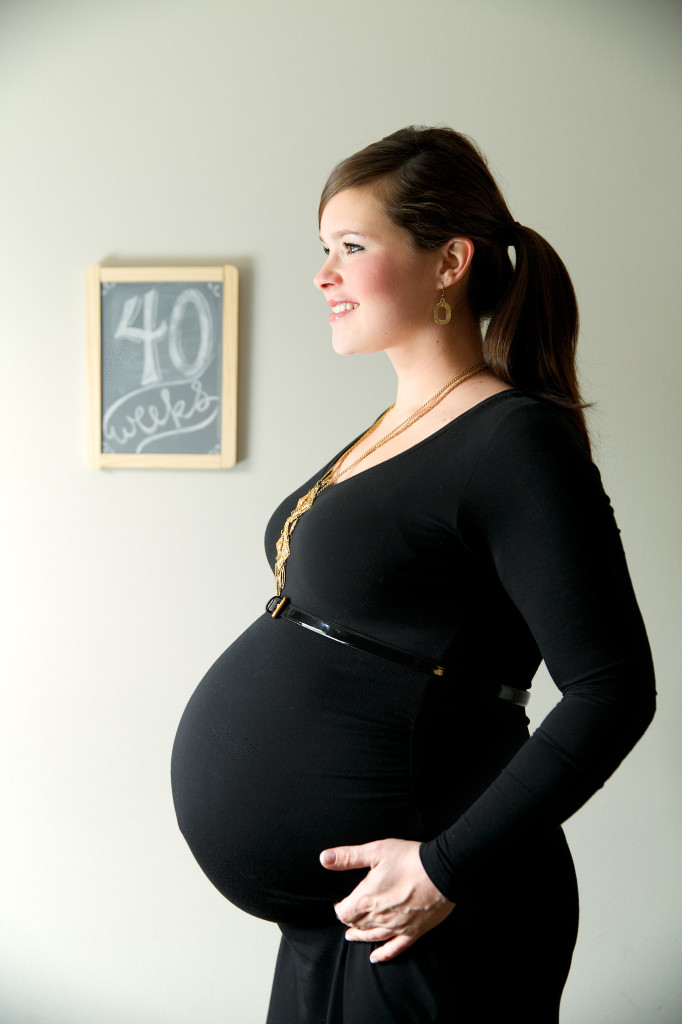 The recipe is not new at all, but effective. An ecotrophologist and expert in baby and pregnancy nutrition offers a range of well-known and undeniably useful plants to choose from.
The recipe is not new at all, but effective. An ecotrophologist and expert in baby and pregnancy nutrition offers a range of well-known and undeniably useful plants to choose from.
These include, for example, fennel, chamomile, lavender and lemon balm, which have a beneficial effect on the functioning of the gastrointestinal tract. Chamomile and lavender have bactericidal and anti-inflammatory properties, help to relax. After a cup of this tea, it is easier and faster to fall asleep.
Rosehip decoction - a healthy drink for expectant mothers Photo: imago/imagebroker/Kröger Rosehip decoction, like various fruit teas, is rich in vitamins and minerals. Freshly brewed infusions of fruits and berries strengthen the immune system. But the absolute favorite of ecotrophologist Linda von Glahn is rooibos (rooibos) tea. A drink made from the leaves of an African bush contains an impressive amount of antioxidants and various minerals. It is able to weaken the action of the stress hormone cortisol and positively influence the work of the happiness hormone serotonin.


